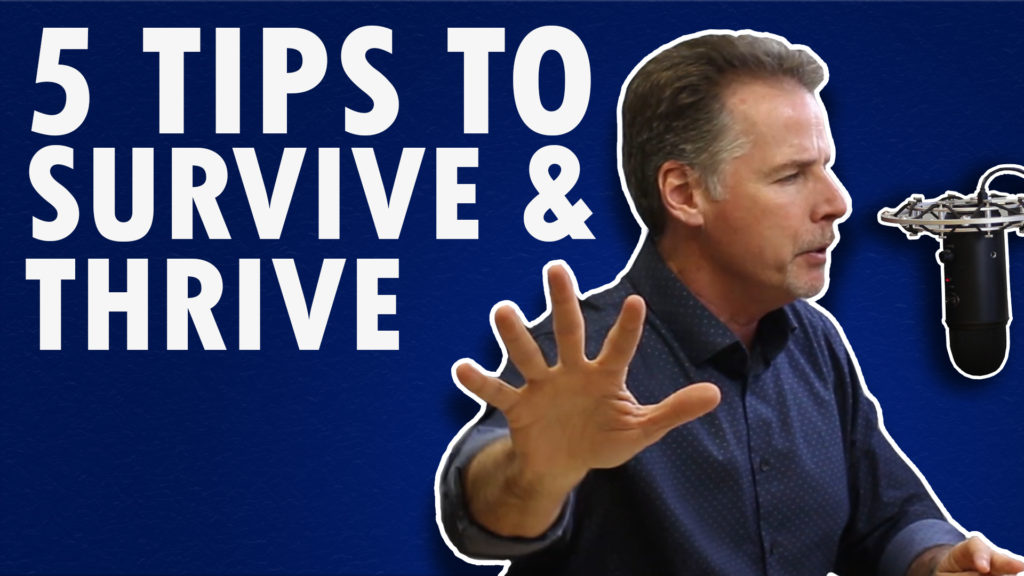


It turns out that thrift originally referred to the condition of thriving.

One has to examine thrift in light of its distinctive etymology to see this promise. While this has long been the commonsense notion of thrift (and while America could doubtless use a good does of frugality) this particular connotation turns out neither to be the only or even the most important notion of thrift in American history, nor is it sufficient to unlock the deeper promise of thrift for the present. The trouble with this renewed interest, however, is that it fundamentally misunderstands the true import of thrift.įor those to whom thrift is more than a synonym for second-hand clothing shops, it tends to call to mind the practice of scrimping and saving, of financial frugality. Whatever else one makes of it, thrift is a virtue of necessity and one that the Great Recession and its aftermath have forced back into the consciousness of Americans, both as a way of diagnosing the causes of our economic troubles and as a prescription for their solution. The return of thrift is not wholly unexpected. Books are being published for and against thrift by leading academic presses, economists are revisiting and revising the "paradox of thrift," foundations and policy think tanks are promoting "thrifty" fiscal policies, and there are even civil society groups interested in recreating the National Thrift Movement of the 1920s. Yet just when the word itself seemed on the verge of passing out of use for good, people have suddenly, if a bit uncertainly, begun to reinvoke it. Like chastity and temperance, thrift was well on its way to becoming a virtue relic of a bygone era. Until recently, the word "thrift" had largely disappeared from the active vocabulary of most Americans. Friedman, William Joseph Maier Professor of Political Economy, Harvard University, author of "The Moral Consequences of Economic Growth" Reading these essays will usefully broaden the perspective of anyone interested in saving behavior." This new volume brings together scholars from a variety of disciplines, including eminent historians such as Joyce Appleby and Daniel Walker Howe, to share their insights on "thrift" in a specifically American setting. Not surprisingly, others have important insights on these questions as well. "Why people save, and how much, and when, is a subject of continuing importance to economists, and it is getting more so over time as many countries' populations are aging. McClay, SunTrust Chair of Excellence in Humanities, University of Tennessee at Chattanooga They have the same effect on the reader that Socrates' relentless inquiries had on his interlocutors: they overturn all unreflective notions about thrift, and demonstrate that its meaning for us is inseparable from what we believe about the proper ends of human existence."

These fascinating essays should challenge such complacency. But that is only because we rarely stop to think about it, or are content to honor it-if we honor it at all-with words rather than deeds. "Thrift is sometimes taken to be the most obvious and boring of the virtues. "Thrift and Thriving in America: Capitalism and Moral Order from the Puritans to the Present" by If you would like to volunteer for and with people with disabilities at Thrift to Thrive, please fill out a volunteer application on our Get Involved page! We would be thrilled to have you!īy shopping at our thrift store, you are supporting people with intellectual and developmental disabilities to not just survive but THRIVE. Donations are tax-deductible and proceeds from sales contribute greatly towards Thrive's programs and services for people with intellectual and developmental disabilities in our community. Thrift to Thrive positively impacts the Denver community by providing affordable goods, providing people with IDD meaningful employment, and generating a steady flow of income into Thrive to increase our capacity to provide critical programs to support people with IDD.ĭonations of clothing, home goods, furniture, toys, books and more are encouraged and greatly appreciated.
#Thrift and thrive meaning professional
Not only will Thrift to Thrive pay our employees with disabilities a fair wage, but we will also provide them with professional development training, advancement opportunities, and abuse prevention education. Recognizing the shortage of employment opportunities for people with disabilities, Denise Belk founded Thrift to Thrive as a way to offer competitive, integrated employment for individuals with IDD. In October 2019, Thrive is opening a thrift store in Denver, Colorado, called Thrift to T hrive.


 0 kommentar(er)
0 kommentar(er)
